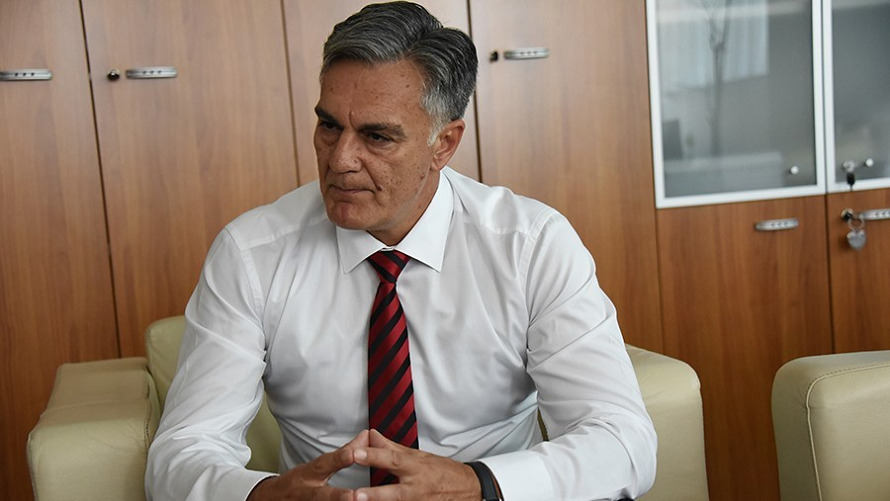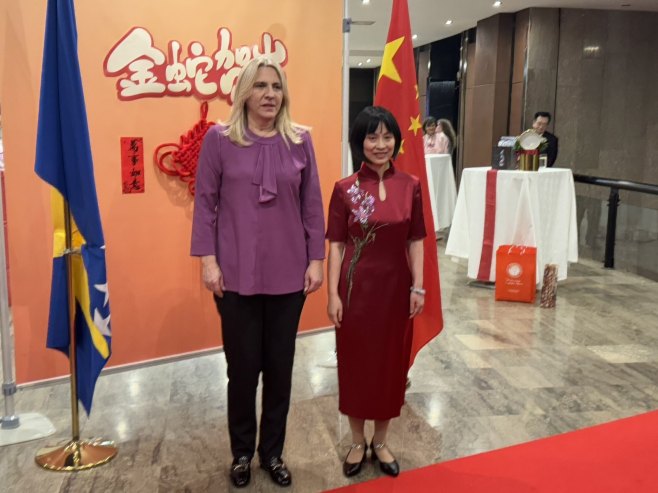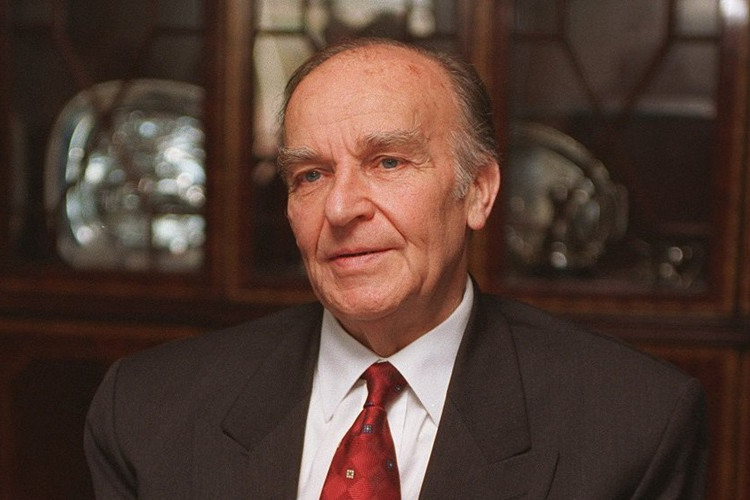Petar Nikolić, external associate of the Center for Socio-Political Research of Republika Srpska, emphasized that the new vision and strategy “The Village of Republika Srpska – My Place for Life” is the first “bottom-up” initiative developed by young people in Republika Srpska—those who see their children not in Vienna, nor even in Banja Luka, but on their ancestral doorstep.
Nikolić highlighted the growing number of returnee families leaving the West, seeing this as an opportunity that must be utilized.
- “It is encouraging that more and more young families have three, four, or more children, slowly but decisively breaking the imposed paradigm that having a large family is difficult and unrewarding,” Nikolić stated in his article for SRNA, titled “Decentralization of People and Ideas.”
Villages of Srpska have undergone various transitions
- “Everything in nature cycles—matter, but also trends. The process of industrialization in the 1960s and 70s in the former Yugoslavia led to mass migration from villages to cities, primarily among the young and educated—those who carried ideas and visions with them. Villages regained their importance during crises, wars, and pandemics, times marked by modesty, reduced expectations, and a focus on essentials: health, food, and peace. Similarly, the villages of Republika Srpska have experienced various transitions, with the severity of consequences depending on the intensity of wartime events, geographic location, and available resources,” Nikolić noted.
As the founder of the Network of Young Agro-Entrepreneurs—the first and only generational association of agricultural producers in Republika Srpska bringing together youth from rural areas—Nikolić reflected on the attitudes of a new generation towards land and rural life, as well as family, faith, and value systems.
- “Working in the agricultural sector, the most important task proved to be working with people—education and motivation. We chose fieldwork, fully exposing ourselves to new acquaintances, demands, criticisms, as well as ideas and initiatives. Through campaigns, we had the opportunity to talk to dozens of young people across Republika Srpska to understand what is missing in villages to make them more desirable places to live,” Nikolić stated.
He emphasized that the most crucial investment in villages and rural areas must be in life and vibrant communities—people focused on each other and collective work aimed at improving the social, cultural, spiritual, economic, and political environment.
- “This goal cannot be achieved spontaneously or accidentally but requires vision, a multidisciplinary approach, and clear leadership. Rapid global changes require daily adjustments, and new times demand new strategies,” Nikolić stressed.
According to him, this new vision and strategy, called “The Village of Republika Srpska – My Place for Life,” is the first “bottom-up” initiative developed by young people in Republika Srpska—those who see their children not in Vienna, nor even in Banja Luka, but on their ancestral doorstep.
Focus – youth, women, and veterans
Nikolić explained that this strategic framework has been informally adopted by institutions of Republika Srpska and is being further developed and adapted by members of the Network of Young Agro-Entrepreneurs, the Ministry of Agriculture of Republika Srpska, the University of Banja Luka, and the Center for Socio-Political Research of Republika Srpska. The initiative focuses on communities and people—specifically targeting rural youth, women, and veterans.
- “With the aim of ensuring that the system and the state reach as many people as possible in a concrete and useful way, the program ‘The Village of Republika Srpska – My Place for Life’ is developing support mechanisms not only for economic empowerment, which has mostly been the practice so far, but also for activism, individual competence development among youth, rehabilitation for veterans and war invalids, and the health and well-being of women in rural areas,” Nikolić explained.
Mechanisms of support
Nikolić highlighted that they are implementing various activities with young people in villages, and with the support of the Agricultural Projects Coordination Unit of the Ministry of Agriculture, they have secured funds for small projects in villages, focusing on building community infrastructure and organizing social activities.
- “With veterans and war invalids, in collaboration with the Organization of Amputees UDAS, we are establishing the first veterans’ cooperative, aiming to include as many veterans as possible, with joint products specifically valorized in the market. Regarding women in villages, special attention is directed towards their role as wives and mothers, promoting this noble purpose while ensuring their health and well-being,” Nikolić stated.
He emphasized that the presence of youth in villages determines territorial integrity, food self-sufficiency, and demographic renewal.
- “Where young families live, Republika Srpska exists. In contrast, empty areas only represent formal ownership of the land,” Nikolić stressed.
Growing trend of larger families
Nikolić noted that more and more young families are having three, four, or more children, breaking the imposed belief that large families are burdensome and undesirable.
He emphasized that both the government and non-governmental sectors are working to promote new life in villages, which is the foundation of the “The Village of Republika Srpska – My Place for Life” initiative.
Increasing number of returnee families from the West
Nikolić pointed out that more families are returning from Western Europe due to economic instability, increased migration, and the imposition of moral and spiritual distortions in those societies, particularly targeting children.
- “These are people who will return to Republika Srpska with new experiences, ideas, work habits, and initial capital,” Nikolić explained.
He stated that this opportunity must be utilized to properly integrate returnees into the socio-economic environment of villages.
Rural renaissance – a new trend
- “The rural renaissance is becoming a new trend, and our policies towards this trend will determine the speed and efficiency of revitalizing rural areas,” Nikolić emphasized.
He noted that these policies must support regional leaders and encourage the decentralization of people and ideas, as they drive life in villages.
Nikolić concluded that building vibrant rural areas requires ideas and people and that the initiative “The Village of Republika Srpska – My Place for Life” represents a concrete step towards that goal.
Source: RTRS



:max_bytes(150000):strip_icc()/GettyImages-1426836333-e302a1ccba624941b27bd35875489fd8.jpg)




